PESTEL Analyzer - PESTEL Analysis Tool
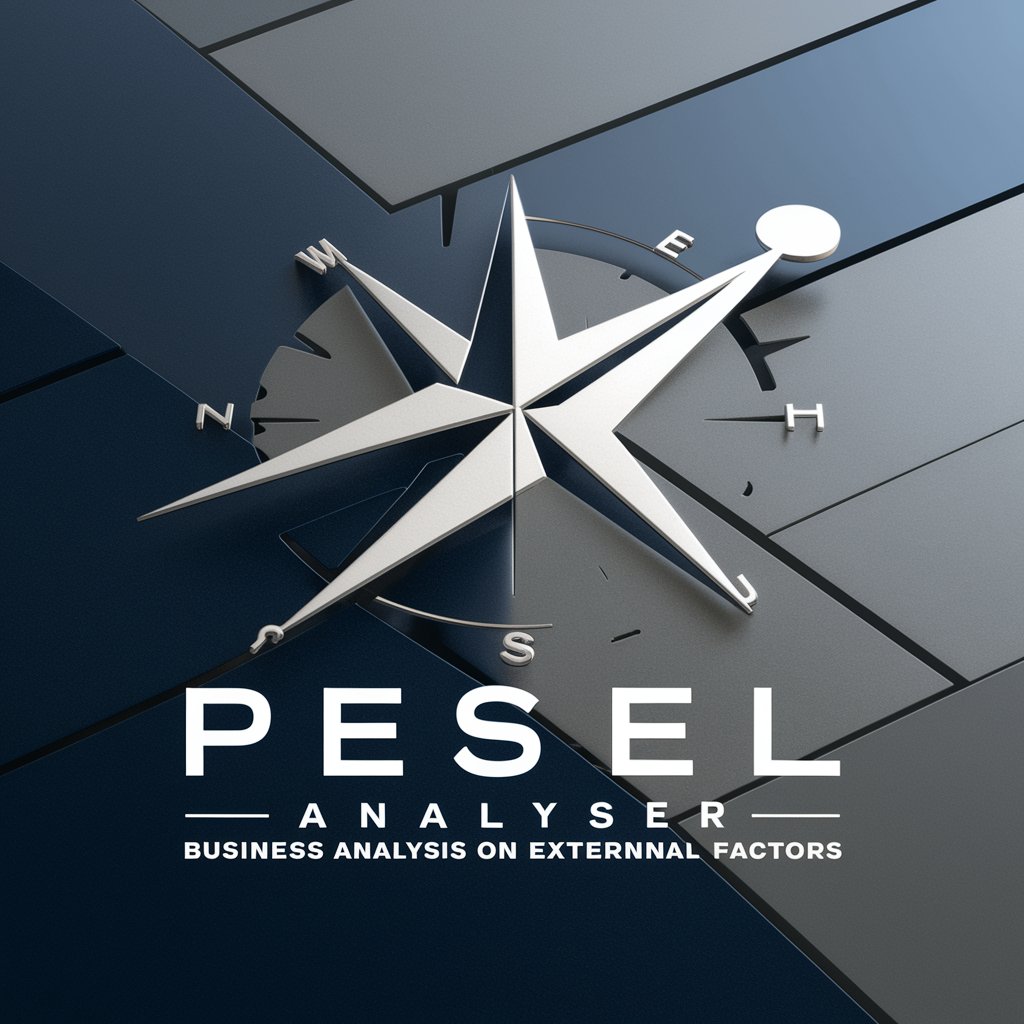
Welcome to PESTEL Analyzer, your partner in comprehensive business analysis.
Empower strategic decisions with AI-driven insights
Analyze the political factors influencing the tech industry in...
Evaluate the economic conditions affecting retail businesses in...
Discuss the social trends impacting healthcare services in...
Examine the environmental regulations affecting the automotive sector in...
Get Embed Code
Introduction to PESTEL Analyzer
PESTEL Analyzer is a specialized analytical tool designed to provide comprehensive insights into the external macro-environmental factors that influence an organization's operation and strategic direction. The acronym PESTEL stands for Political, Economic, Social, Technological, Environmental, and Legal factors. This tool is meticulously designed to assist users in identifying and evaluating these external elements to understand their potential impact on business operations and strategy. For example, a company planning to expand internationally may use the PESTEL Analyzer to assess the political stability of a target country, its economic growth forecasts, social trends affecting consumer behavior, technological advancements, environmental regulations, and the legal landscape governing business operations. Powered by ChatGPT-4o。

Main Functions of PESTEL Analyzer
Political Analysis
Example
Assessing the impact of government policies, trade tariffs, and political stability on a company's operations.
Scenario
A multinational corporation evaluates the political environment in Brazil to determine risks and opportunities for investment.
Economic Analysis
Example
Examining economic trends, such as GDP growth rates, inflation, and exchange rates, to forecast their impact on business performance.
Scenario
A financial analyst uses PESTEL Analyzer to understand the economic climate of the European Union and its potential effect on the automotive industry.
Social Analysis
Example
Analyzing demographic shifts, lifestyle changes, and consumer attitudes to predict their influence on market demand.
Scenario
A retail company uses the tool to explore social trends affecting consumer preferences in sustainable fashion.
Technological Analysis
Example
Evaluating the pace of technological innovation and its implications for industry competition and product development.
Scenario
A tech startup assesses emerging technologies in artificial intelligence to identify new business opportunities.
Environmental Analysis
Example
Understanding environmental regulations, climate change issues, and sustainable practices affecting business operations.
Scenario
An energy company examines environmental policies and their potential impact on future renewable energy projects.
Legal Analysis
Example
Investigating the legal landscape, including regulations, compliance requirements, and intellectual property laws, and their impact on business.
Scenario
A pharmaceutical firm evaluates patent laws and healthcare regulations in multiple countries to inform its global strategy.
Ideal Users of PESTEL Analyzer Services
Strategic Planners
Individuals or teams responsible for developing long-term strategies for businesses, who utilize PESTEL analysis to foresee external challenges and opportunities, ensuring informed decision-making.
Market Researchers
Professionals who conduct market research to understand industry trends, competitive landscapes, and consumer behaviors. PESTEL Analyzer aids them in incorporating macro-environmental factors into their analyses.
Business Consultants
Consultants advising on business strategy, operational improvements, and market entry. They leverage PESTEL analysis to provide evidence-based recommendations and strategic insights to clients.
Academics and Students
Educators and students in business and management fields use PESTEL analysis as a framework for academic research, case studies, and learning about the dynamic nature of business environments.

How to Use PESTEL Analyzer
Initiate Trial
Access a complimentary trial at yeschat.ai, without the necessity for login or a ChatGPT Plus subscription.
Select Analysis Type
Choose the specific PESTEL analysis type you need from the available options, tailored to your industry or sector.
Input Data
Provide detailed information about your business or the subject of analysis, including market, competitors, and any other relevant data.
Analyze Results
Review the generated PESTEL analysis, which outlines the Political, Economic, Social, Technological, Environmental, and Legal factors affecting your business.
Implement Insights
Utilize the insights from the analysis to inform strategic decisions and plans, ensuring they are aligned with external factors.
Try other advanced and practical GPTs
AI Pessimist & Optimist
Explore every angle with AI-powered perspectives.
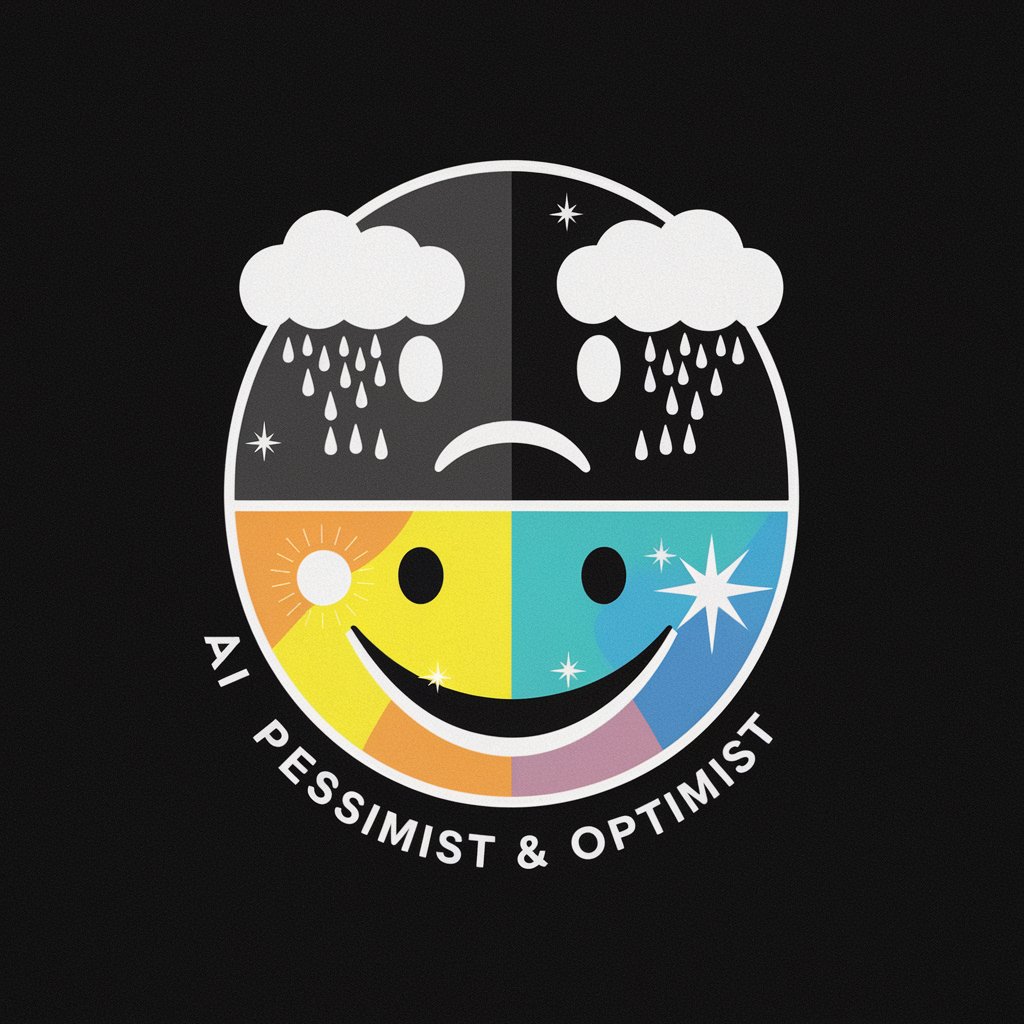
Criador de CUSTONS GPT - seu especialista pessoal
AI-Powered Custom Solution Crafting

PESTEL Analyst
Empowering Strategy with AI-Driven Insights
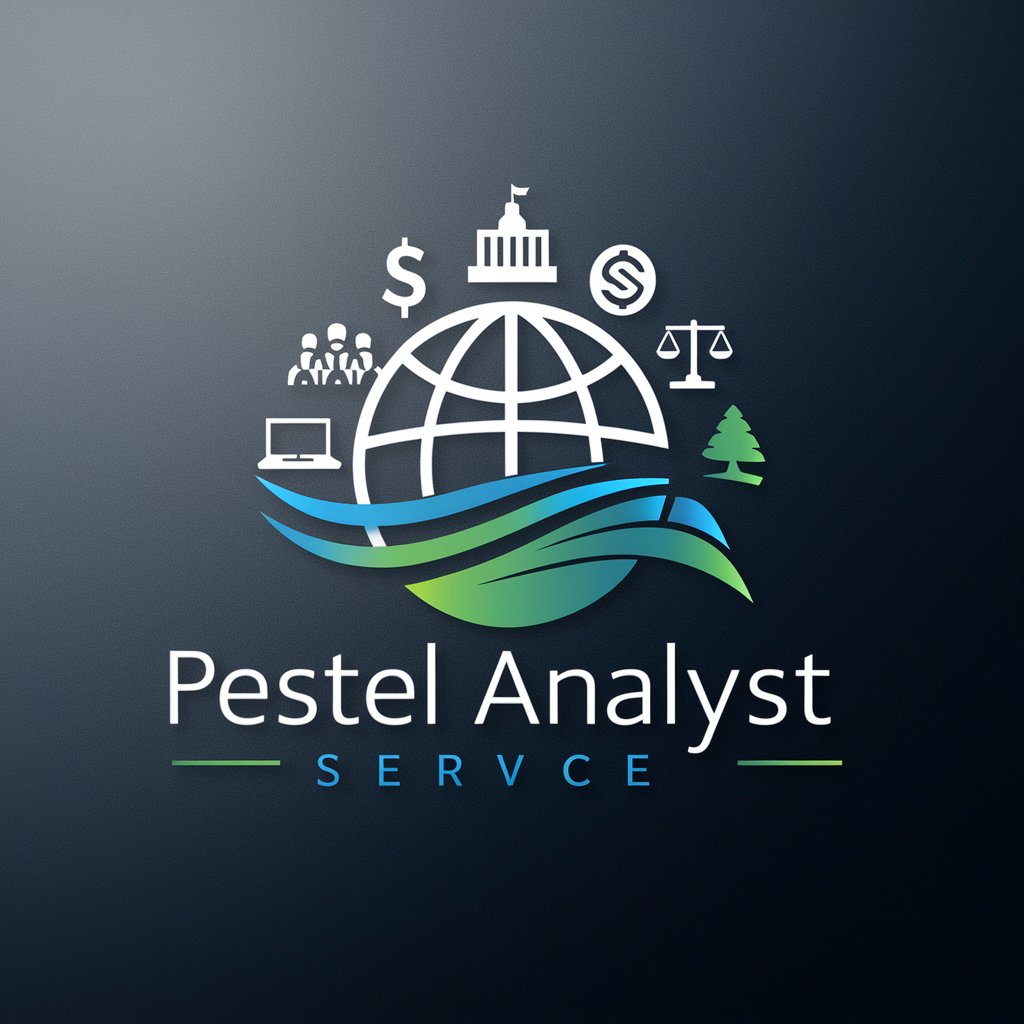
Assistente de Pesquisa
AI-powered research writing aid
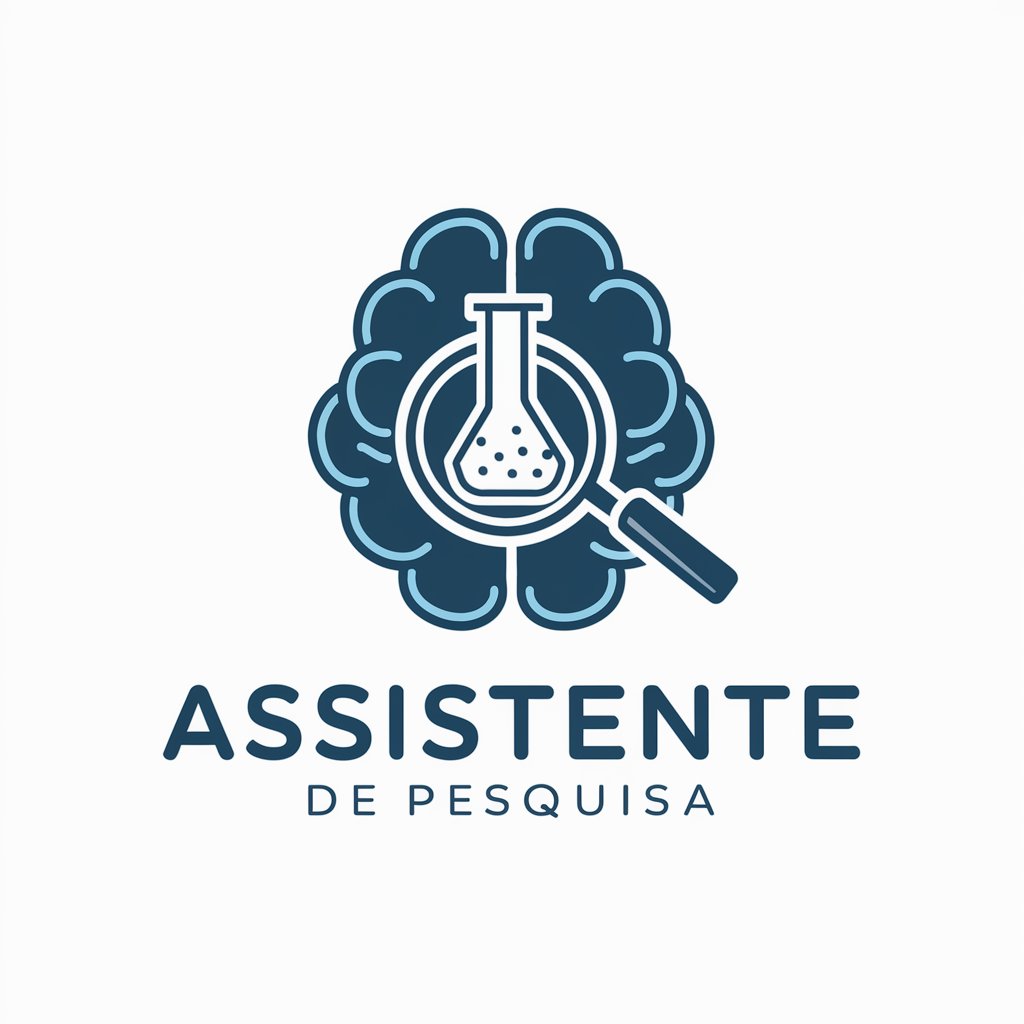
M-PESA Analyst
Empowering Financial Decisions with AI
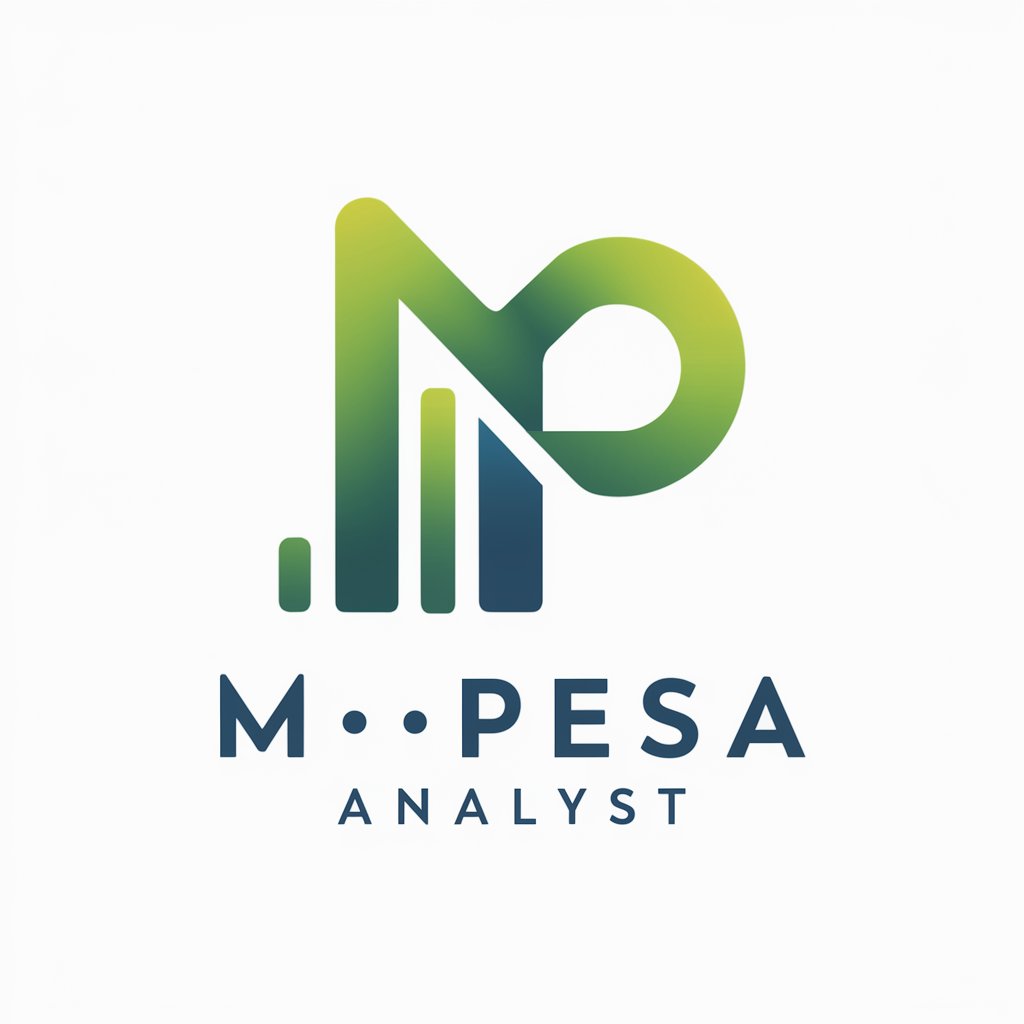
NPTI
Master Power Engineering with AI
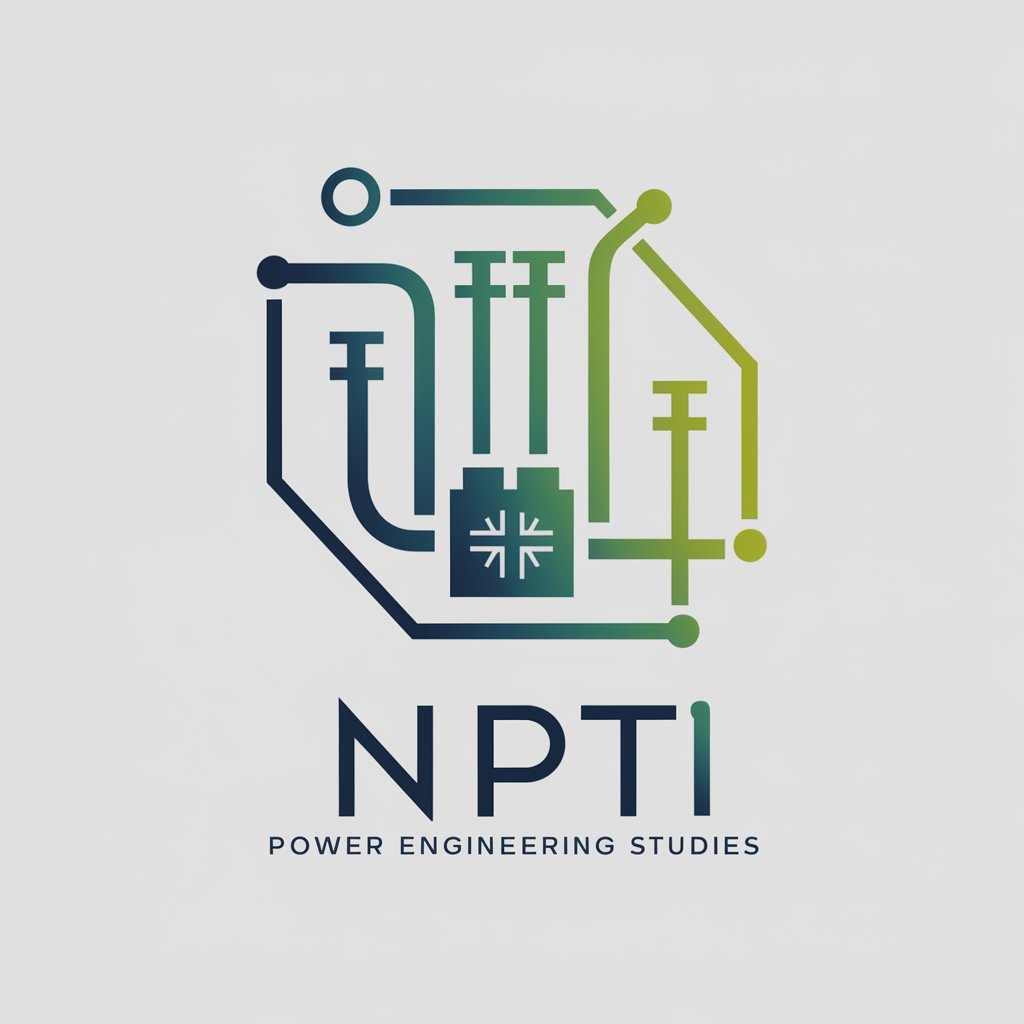
Web Pesquisa Profunda
AI-Powered In-depth Internet Research
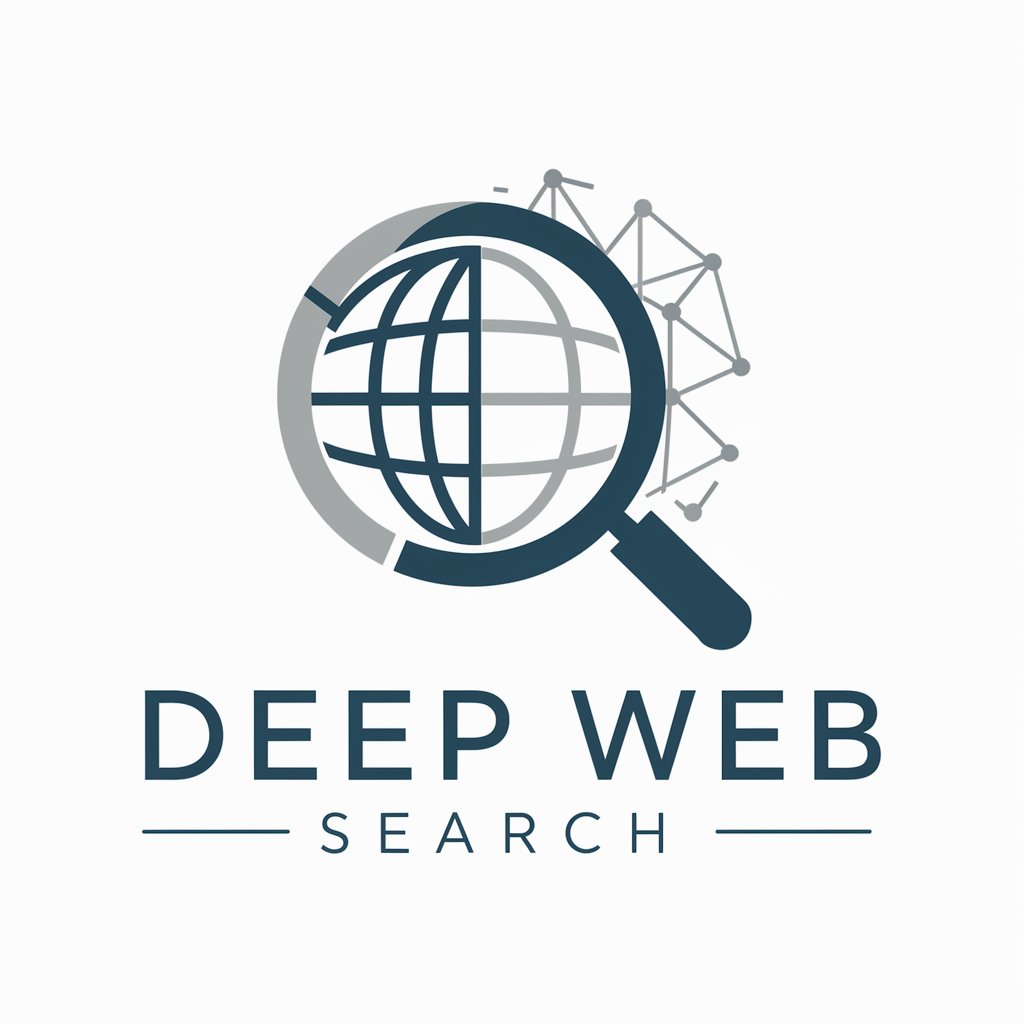
Sarah - Assistente de Pesquisa de Jurisprudência
AI-powered Brazilian legal research assistant

Free Thumbnail Tester
Enhance Thumbnails with AI Insight

Article Writer
Empowering Writers with AI

Game Design Muse
Unleash Your Game Design Potential

MySQL Mastermind
Empowering your MySQL experience with AI
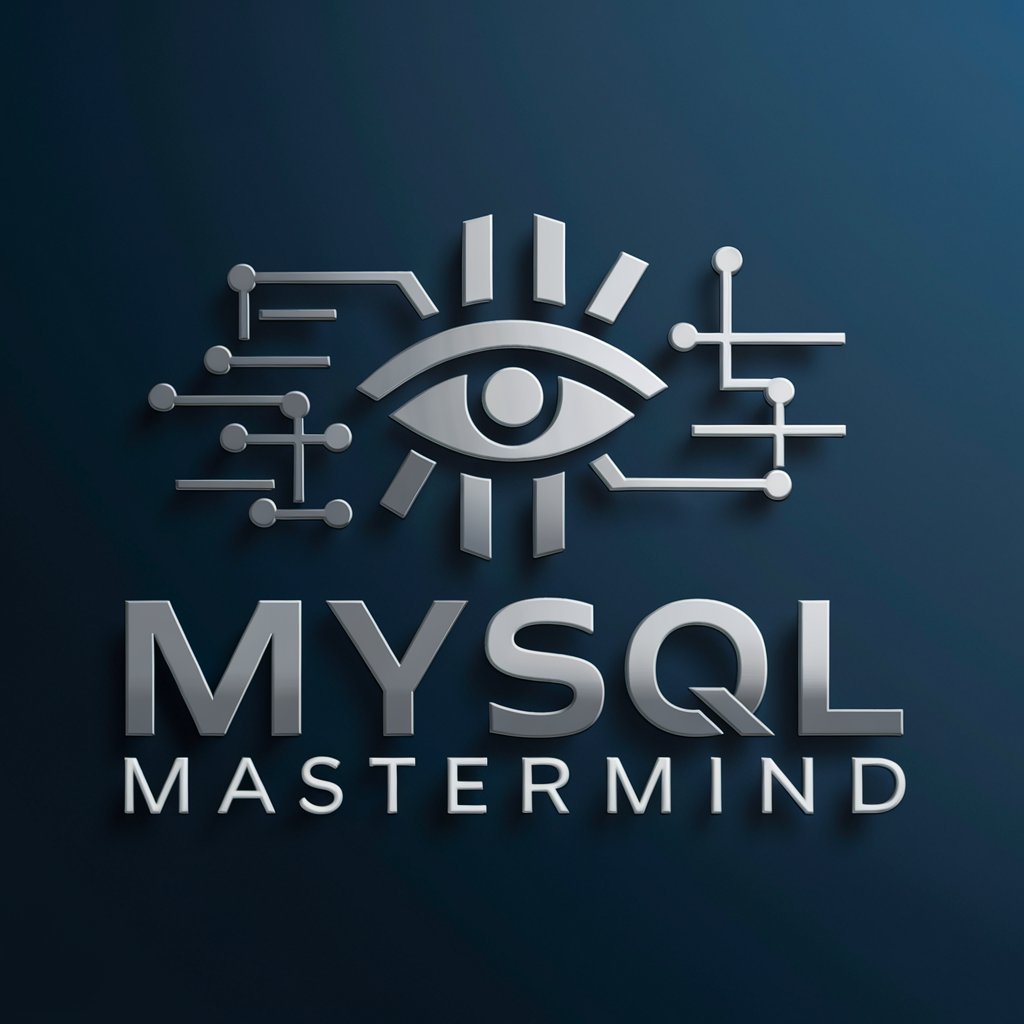
PESTEL Analyzer FAQs
What is PESTEL Analyzer?
PESTEL Analyzer is an AI-powered tool designed to assist in conducting comprehensive PESTEL analyses, which evaluate the Political, Economic, Social, Technological, Environmental, and Legal factors impacting businesses and industries.
Who can benefit from using PESTEL Analyzer?
Business strategists, market researchers, academic professionals, and students can greatly benefit from using PESTEL Analyzer to understand the external factors affecting their industries or fields of study.
Can PESTEL Analyzer predict future market trends?
While PESTEL Analyzer is equipped to provide insights based on current data, its primary function is to analyze existing external factors. It helps in understanding potential impacts on the business but does not predict future market trends.
How does AI enhance PESTEL Analyzer?
AI enhances PESTEL Analyzer by processing vast amounts of data to identify and analyze the external factors affecting industries, thereby providing more accurate and comprehensive analyses than traditional methods.
Is there a way to customize the analysis in PESTEL Analyzer?
Yes, users can customize their analysis by inputting specific information about their business or research focus, allowing the AI to tailor the analysis to their specific needs and context.
